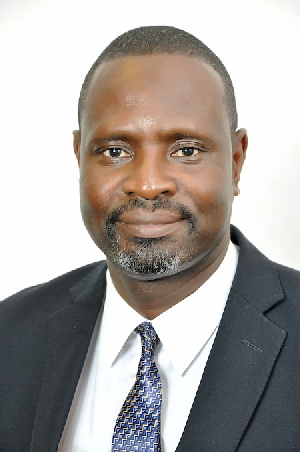The Association of Ghana Industries (AGI) is calling for an assessment of the Export Development and Agricultural Investment Fund (EDAIF) as it seeks an inquiry into the rationale behind the fund’s consistent decline in applications of its member companies.
AGI-member companies engaged in the business of imports and exports have not been able to access any facility from the fund for the past nine months, and the Association wants managers of the fund to come out clear on the operation of the fund in terms of support to industry and exports.
“The AGI is worried about the numerous declines of EDAIF credit applications by its members in the export sector.
“As a statutory fund, contributed by importers mainly from the private sector, the AGI wants an assessment of the fund to enable us have full appreciation of its support to industry and the export sector, AGI’s President, James Asare-Adjei, told journalists in Accra.
Mr. Asare-Adjei said the association is much concerned about the rejections as it defeats the fund’s purposes of boosting export trade to cushion the cedi from market volatilities and the call for a robust export-based economy.
The EDAIF Fund was set up in October 2000 to provide financial resources for the development and promotion of the country’s exports trade in critical areas such as the development and promotion of products for exports as well as support export trade-oriented activities of bodies in both the public and private sectors.
The broader view of the fund is to promote the growth and prosperity of export firms, improve export competitiveness and also reposition the sector to contribute significantly towards rapid national socio-economic growth and development.
“With the fundamental structure of the economy basically unchanged and weakening terms of trade—lowering commodity prices, cocoa, gold and oil—there is a worry of a further weakening of the local currency in the medium term as the national debt mounts.
“Clearly, borrowing from the international markets to support a weakening currency without the corresponding increasing dollar revenues is not sustainable,” Mr. Asare-Adjei said.
Access to credit ranked fourth among the five major challenges facing businesses in the country according to the quarter-two results of the AGI Business Barometer, a tool that measures the level of confidence in the business environment and predicts short-term business trend.
Mr. Asare-Adjei said the situation is making the country lose its competitiveness on the global front at a time that managers of the economy are required to put in place pragmatic measures to boost the export trade sector.
Click to view details



Business News of Wednesday, 19 August 2015
Source: B&FT

















